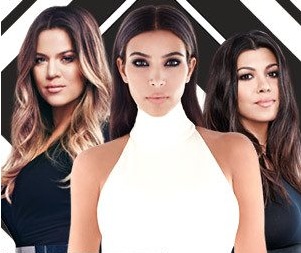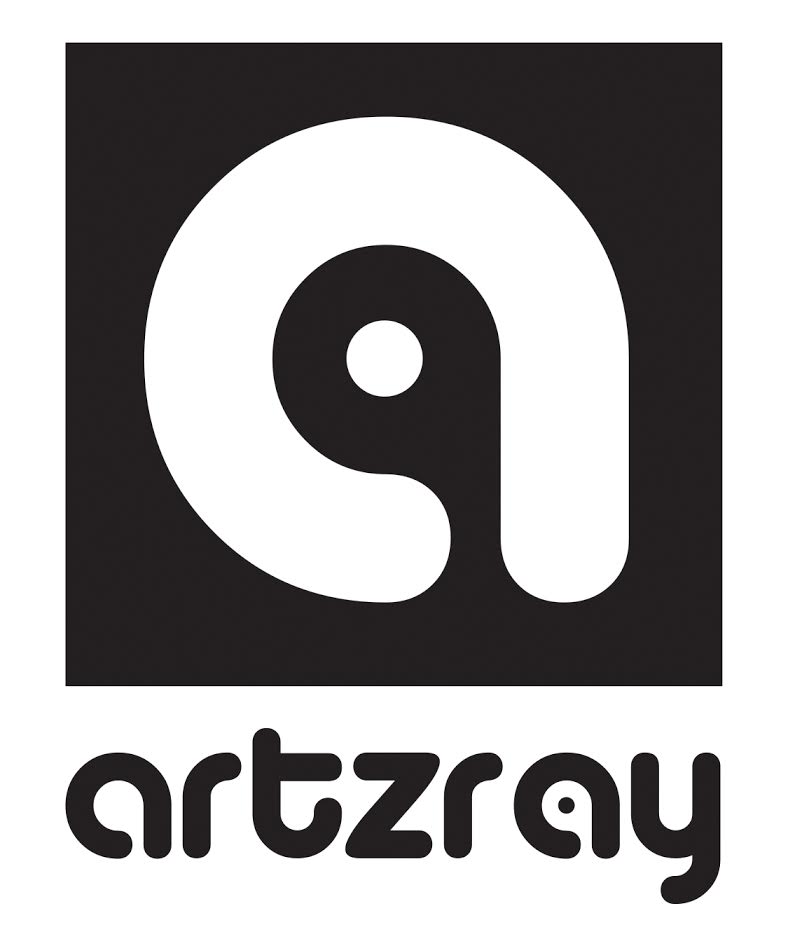Secrets of a Reality TV Producer


Erin Zelle shares her insights into the world of “unscripted” documentaries, reality TV and lifestyle shows.
WHAT WAS YOUR FIRST JOB IN THE BUSINESS?
I got into it by accident. I was working for a non-profit, researching extremist groups, and it was very depressing. I spent my days reading and writing about all kinds of skinheads, militias and white supremacists. A writer came in and wanted me to authenticate (fact-check) a script, and I really liked doing that. It was a really nice break and I realized that I needed to make a change.
At the time I had a friend who worked at E! who put me in touch with someone over there. They were just starting “True Hollywood Story” and they hired me as a researcher.
Eventually I moved up. They were going to do a 4-hour mini-series on the Kennedys and they needed more staff to work on it, so the executive producer asked me if I wanted to go help out and be an associate producer on the show—which at the time seemed like such a big deal. So I was hired, and that meant going and interviewing people—we did a lot of interviews.
“I love telling people’s stories. I love meeting interesting people, and hearing their stories, and I love being able to share that when we complete a show.”
WHAT DID YOU LIKE MOST ABOUT INTERVIEWING PEOPLE, AND WORKING IN THIS “DOCUMENTARY” OR “BIOGRAPHY” STYLE OF TELEVISION?
It was so much fun to spend time digging into somebody’s life. It really felt like you were putting together a puzzle, and that’s what I liked about doing a biography show so much. You were finding all these different people that had been a part of someone’s life. I was working on the Joe Kennedy hour, and it (took place in) really early Hollywood. It was like bringing history back to life–which I loved! I was a history major, so it appealed to that part of me.
DO YOU SEE A CONNECTION BETWEEN YOUR ACADEMIC LIFE AND YOUR PROFESSIONAL LIFE?
I went to a very small liberal arts school called Clark, in Massachusetts. I did a thesis that was a biography of a woman who had been an activist in the town that the school was in – Worcester – so it all makes sense. That was the best part of college for me—spending a year researching this woman’s life and writing about her. So yes, based on what I studied, it makes all the sense in the world that I went into this.

WHAT WAS THE MOST IMPOTANT THING YOU LEARNED IN SCHOOL?
To dig deep—in terms of research and digging into people’s lives . . . find something you’re interested in and dig deep.
“UNSCRIPTED TV” IS A FAIRLY BROAD GENRE. HOW WOULD YOU CHARACTERIZE THE DIFFERENCE BETWEEN “REALITY TV” AND OTHER SUBSETS WITHIN THE GENRE?
I’ve worked mostly on “Documentary” TV. Over the past 10 years I’ve worked mostly in what is called the “Lifestyle” area—fashion, food, home design, things like that. It’s a place were I feel very comfortable. It’s the kind of things I’m passionate about, so that’s what I usually work on.

I’ve spent some time doing “Reality TV,” and there’s a big difference. A documentary, it unfolds on its own, and the story is dictated by the subject. You’re going to have a point of view in it, but you can’t really re-write someone’s life. It doesn’t work that way.
With a “Reality” show it can go from being completely scripted to what a lot of them are called: “softly scripted.” Which is where you go in, and you know that the season is going to look a certain way, and you arc it.
You know you want people to watch, so there has to be a certain amount of drama that’s going to unfold. Sometimes it comes organically and sometimes it doesn’t, but the kinds of people who tend to be on shows like that are looking to be dramatic and are looking to say something.
The best advice anyone ever gave me about bringing in characters when I pitched was, “is someone going to dress up as this person for Halloween?” And if someone wants to dress up as this person for Halloween, then you’ve got a winner.
TELL US MORE ABOUT DEVELOPING A “REALITY TV” SHOW?
I’m looking for characters–that’s a big part of it, especially in development. When I’ve consulted (worked as a development consultant), your day is really just like meeting person after person after person after person—everybody has a show idea—and it’s identifying people who would be great. I like that because I like meeting different people and hearing stories and looking into people’s lives, but that might not be for everybody.
“I tell people, “you’re going to have be comfortable being the cartoon version of yourself”
I like people to be honest so that I can see who they are, because it’s going to come out one way or another. When I first started out in my career, I would say that I was trying to get people to want to do things, and you quickly realize that they need to want it. You can’t make them want it. I might think your life would make the best TV show, but it has to be the other way around. You have to come to me and say, “I want this,” or else it’s just not gonna work. I tell people, “you’re going to have be comfortable being the cartoon version of yourself,” because that’s what people want to see. And not everybody is. But some people are. Some people really want it.

WHAT DO YOU THINK MAKES COMPELLING TV?
It’s different for everyone who watches.
I’m looking for authenticity. I’m looking for fringey-ness. I’m looking for people who kind of play outside of the lines, and who inhabit worlds that are not what you see everyday. I think that’s interesting.
WHAT ADVICE WOULD YOU GIVE TO SOMEONE LOOKING TO GET INTO REALITY TV?
Learn how to do everything. If you want to work in “Reality” learn how to edit, because now being able to produce is not enough, now you need to be able to edit your work . . . It’s 100% in the editing.
WHAT ADVICE WOULD YOU GIVE TO SOMEONE WHO WANTS TO GET INTO THE TV OR FILM BIZ GENERALLY?
It’s a lot of pushing. You have to go and knock on a lot of doors, and I think if someone’s interested in getting into television or film, my advice is to try everything. Try any job that anybody offers you. Be an assistant at an agency. Go work in casting. Go do whatever you can do to learn every aspect of it, because you’re going to need all of those things.
You’re going to be a PA (production assistant), because then you’re going to be on a set and you’re going to see how it works. It’s not about getting coffee, it’s about seeing how all these people work together. Yeah, to you it might feel like you’re just getting coffee, but that’s not what it’s about.

I believe in taking internships if you can—that’s the way you’re going to learn. I interned at W magazine when I was in college and it was great. I’ve hired every intern I’ve had pretty much.
Do whatever you can—don’t sit on your ass. Meet people. Get out there. Find out if it’s for you. Shmooze. Show up, and make yourself indispensable.

WHAT DO YOU THINK ABOUT FAILING?
I think it’s really important. You learn from your failures. I’ve had some colossal failures in my career—and that’s what you learn from. It’s how you figure out what not to do the next time. It’s gonna happen. I expect it from the people who work from me. I’ve done it, and you know, that’s the way it is. Don’t be afraid of it.
WHAT IS THE MOST IMPORTANT THING YOU’VE LEARNED FROM PRODUCING TELEVISION?
If you are calm and you can maintain composure, you’ll be fine, but if you come unglued quickly it might not be the field for you.
It’s about finding a solution. The best thing that I’ve ever learned from working in production is how to trouble-shoot. If you learn how to trouble-shoot in life, it will get you far. That’s my advice—know how to trouble-shoot.
Erin is a producer/writer/consultant in the Lifestyle arena. For the past decade she has written, developed and produced content for multiple cable outlets. Most recently, she has served as an Executive Producer and Development Consultant for NBC Universal’s International division. She is responsible for Executive Producing the Style Network’s return to Fashion Week as well as two successful seasons of the International hit, Style Star for E!. Prior to that, Erin worked on the domestic side of the network overseeing specials. Erin has also worked as a consultant for Original Media and GoodBye Pictures, developing properties for the Food Network, Lifetime, The Cooking Channel, Fuse, Style, Bravo, Oxygen and CNBC.







